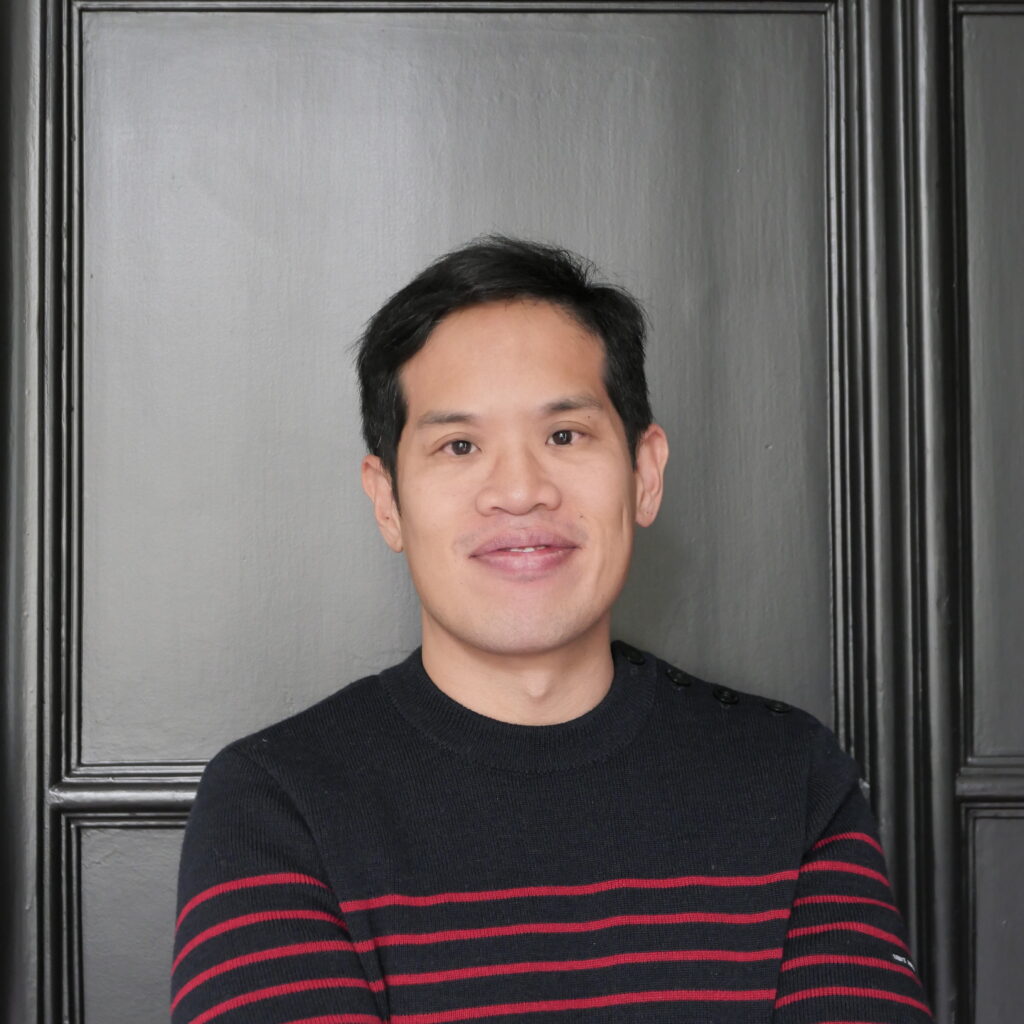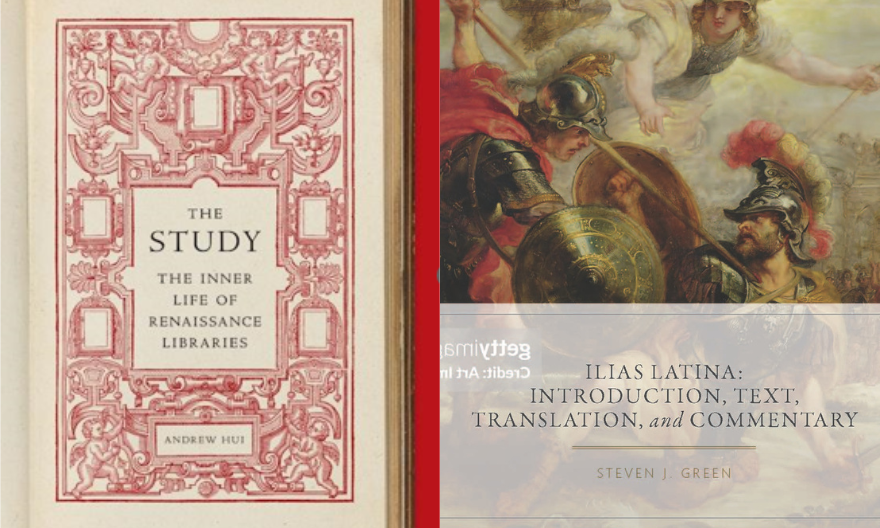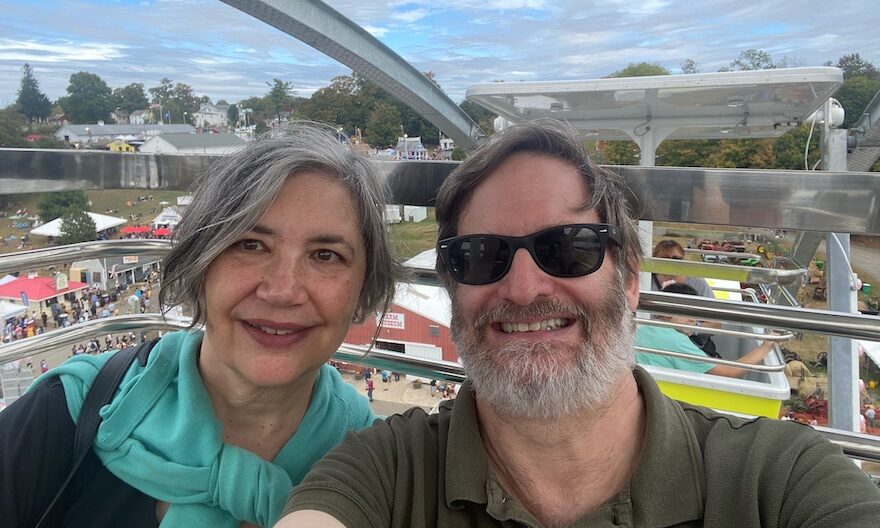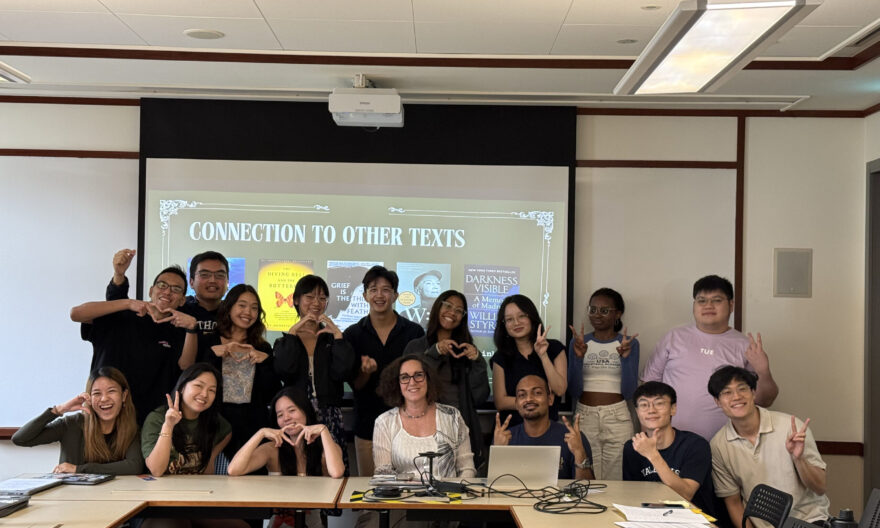Yale-NUS faculty embarks on prestigious fellowship at the Wissenschaftskolleg zu Berlin
Associate Professor of Humanities (Literature) Andrew Hui researches the role of Western and Eastern antiquity in global humanism

The faculty at Yale-NUS College are highly qualified in their areas of expertise and have often been awarded fellowships to perform research in external institutions. Recently, Yale-NUS Associate Professor of Humanities (Literature) Andrew Hui, who works on comparative literature, classical tradition, and early modern cultures, embarked on a fellowship at the Wissenschaftskolleg zu Berlin – Institute for Advanced Study in Berlin, Germany. The Wissenschaftskolleg invites outstanding researchers, of difference disciplines, from all over the world to spend a year of research in Berlin, to facilitate unexpected discoveries and be stimulated by new ideas and insights through contact with the other fellows and their projects.
Assoc Prof Hui is part of a cohort of 45 fellows at the Wissenschaftskolleg, who work on projects of their own choice in the humanities, social, or natural sciences for up to ten months. Fellows live together and organise seminars while conducting their scholarly work. Amongst the fellows are also distinguished individuals outside of academia, such as composers, authors, film directors and diplomats.
At the Wissenschaftskolleg, Assoc Prof Hui’s project illustrates how reformation within Europe constructed the idea of global humanism and how the construction was facilitated by the retrieval of the texts from both Western and Eastern antiquity. Specifically, he investigates the influences of classical antiquity texts from both the West and East that were exchanged through Christian missionaries and Jesuits headed to Europe and China respectively. His project ultimately seeks to inspire a re-examination of the construction of “East” vs “West” in global modernity. Assoc Prof Hui has also done a video introduction to his project, which can be viewed here.
On how he decided on the topic for his project, Assoc Prof Hui shared, “Working on this project is a continuation and extension of the unique inter-cultural work my colleagues and I do at Yale-NUS College. Looking at how humanists in Europe perceived China and how their counterparts in China regarded Europe has just been fascinating.”
Apart from his fellowship at the Wissenschaftskolleg, Assoc Prof Hui also had the opportunity to deliver a lecture on Borges at the Collège de France earlier this year. His lecture, titled “Gardens, encyclopedias, labyrinths, China: everything fits together”, focused on how encyclopedias, labyrinths, and China are anamorphic mimetic systems that help explain each other, making us think about the relationship between replication and identity.

Assoc Prof Hui shared about how his time at Yale-NUS College has prepared him for the fellowship, “I taught both Literature and Humanities 1 and 2 in the Common Curriculum. These classes have been very cross-cultural, transnational, transhistorical, and multi-linguistic. Yale-NUS faculty and students, through the Common Curriculum and their academic work, are thus trained to look at cultural differences and cultural interactions.”

Associate Professor Hui will be at the Wissenschaftskolleg until July 2024. He appreciates how being at the Wissenschaftskolleg gives him the “distance and time for reflection”. He also finds it “stimulating” to engage in exchanges with other fellows and values the extensive library at the Wissenschaftskolleg which provides valuable resources, including books from all over Germany and Europe.
He expressed his gratitude for the opportunity to participate in the fellowship programme. “I feel really honoured to be representing Yale-NUS at these prestigious European institutions. At the Wiko [Wissenshaftskolleg zu Berlin], I’m only the second person to come from Singapore in its 40-year history. I’m also grateful that Yale-NUS has allowed me this the opportunity to pursue my research and for this time to think and reflect.”




